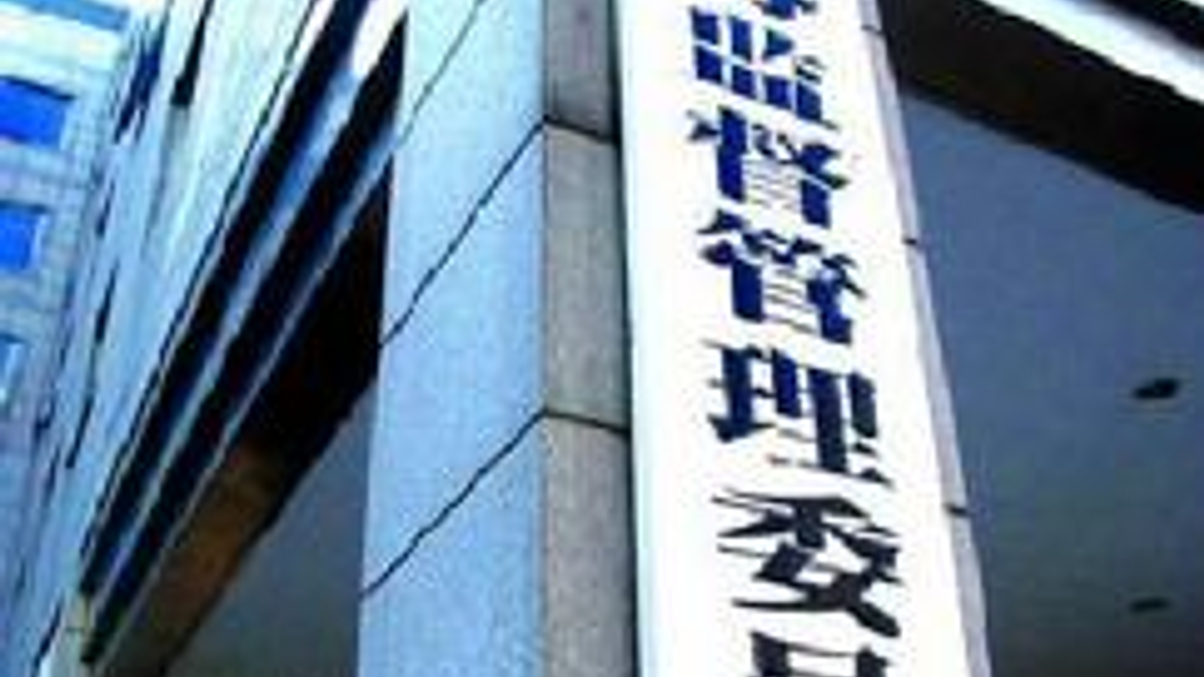China launches first dedicated fund association
The association is set up as a standards body to tackle issues blighting the industry such as distribution bottlenecks and high market costs.

The launch of China’s first national fund management association yesterday was welcomed as a positive step for industry development, although doubts were raised over its potential influence.
Sign in to read on!
Registered users get 2 free articles in 30 days.
Subscribers have full unlimited access to AsianInvestor
Not signed up? New users get 2 free articles per month, plus a 7-day unlimited free trial.
¬ Haymarket Media Limited. All rights reserved.


